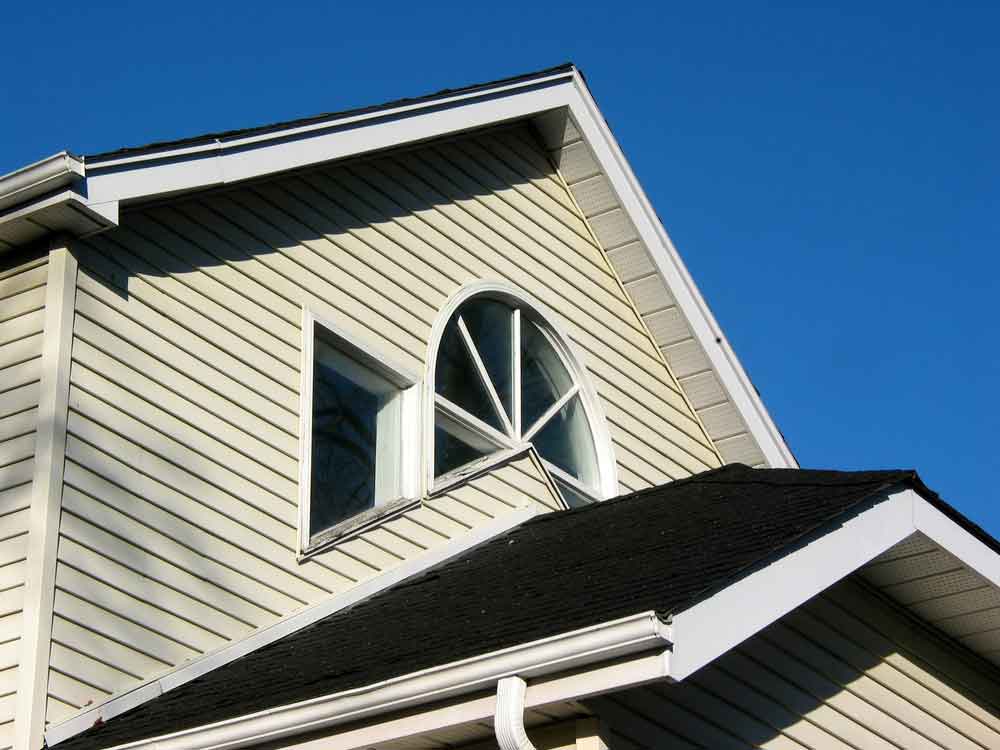Roofing projects require precise measurements, especially when calculating the total size of a roof. However, this process can become complex due to the slope, or pitch, of the roof. Many homeowners and property managers are surprised to learn that a roof’s actual surface area is often larger than its flat, horizontal footprint. This is where pitch multipliers come into play.
In this detailed guide, we’ll break down the concept of pitch multipliers, explain how they’re used in roof size calculations, and discuss why accurate measurements are critical for successful roofing projects. We’ll also highlight how Guardian Roofs can simplify the process with professional roofing services tailored to your needs.
Why Accurate Roof Measurements Matter
Roof size impacts nearly every aspect of a roofing project. From determining material costs to estimating labor and timelines, precise calculations are essential for planning and budgeting.
Challenges arise because a roof’s pitch affects its total surface area. For example, a steep roof will have more surface area than a flat roof with the same horizontal dimensions. Failing to account for this difference can lead to:
- Underestimating material needs, causing delays and extra costs
- Overestimating, resulting in unnecessary waste
- Misaligning project budgets or comparing contractor quotes inaccurately
Using pitch multipliers ensures that all measurements are adjusted for the roof’s slope, leading to more accurate calculations.
What Are Pitch Multipliers?
Pitch multipliers are numbers used to convert flat roof measurements into their actual surface area by accounting for the roof’s slope. They allow contractors to adjust the basic square footage of a roof footprint for the added surface area created by the pitch.
The Basics of Roof Pitch
Roof pitch refers to the steepness of a roof and is expressed as a ratio of vertical rise to horizontal run. For example, a 4:12 pitch means the roof rises 4 inches for every 12 inches of horizontal span. The steeper the pitch, the greater the difference between the roof’s flat footprint and its actual surface area.
Calculating Pitch Multipliers
Pitch multipliers are based on geometry, specifically the Pythagorean theorem, which measures the hypotenuse (the slope) of a triangle. While you don’t need to do the math yourself, here are some commonly used multipliers:
- A 4:12 pitch has a multiplier of 1.054
- A 6:12 pitch has a multiplier of 1.118
- A 9:12 pitch has a multiplier of 1.25
- A 12:12 pitch has a multiplier of 1.414
The steeper the roof, the larger the multiplier and the greater the adjustment needed for roof size calculation.

How to Calculate Roof Size Using Pitch Multipliers
Roof size calculations are straightforward once you understand pitch multipliers. Here’s a step-by-step guide:
Measure the Roof Footprint
The first step is to measure the length and width of your home or building. Multiply these dimensions to determine the flat footprint of the roof. For example, a 50-foot by 40-foot building has a flat roof footprint of 2,000 square feet.
Determine the Roof Pitch
Next, determine your roof’s pitch. You can measure this manually using a level and tape measure or consult with a roofing professional who can provide an accurate assessment.
Apply the Pitch Multiplier
Finally, multiply the flat roof footprint by the appropriate pitch multiplier to calculate the total roof surface area.
For example, if the 2,000-square-foot roof has a 6:12 pitch, the calculation would be: 2,000 x 1.118 = 2,236 square feet.
This adjustment ensures you’re accounting for the slope and getting an accurate measurement.
Why Roofing Measurements Are Not One-Size-Fits-All
Roof size calculation isn’t as simple as applying a single formula. Different roof styles and features can complicate measurements.
Gable Roofs
Gable roofs are among the simplest to measure because they consist of two equal slopes. The pitch multiplier can be applied directly to the roof’s flat dimensions.
Hip Roofs
Hip roofs, which slope on all sides, require additional care during measurements. Each section of the roof may have a slightly different pitch or dimensions.
Multi-Level or Complex Roofs
Homes with dormers, valleys, or multiple roof levels need to be broken into sections for precise calculations. Each section requires its own pitch multiplier based on its slope.
Professionals like the team at Guardian Roofs are experienced in measuring all roof types and ensuring accurate results.

The Role of Pitch Multipliers in Roofing Projects
Accurate roof measurements are critical for several reasons:
- Material estimates: Knowing the total roof area ensures you order the right amount of shingles, tiles, or other materials
- Budget accuracy: Proper measurements help contractors provide realistic cost estimates
- Efficiency: Correct calculations reduce delays caused by reorders or miscommunication
Pitch multipliers are especially valuable when comparing quotes from contractors. Measurements that account for roof pitch provide transparency and confidence in the numbers.
How Guardian Roofs Can Help
Calculating roof size and understanding pitch multipliers can be complicated, but you don’t have to figure it out alone. With over 36 years of experience, Guardian Roofs offers expert roofing services tailored to San Diego County homeowners and businesses.
Professional Roof Inspections
Our team performs detailed roof inspections, taking the guesswork out of measurements. We account for roof pitch, complex designs, and other factors to ensure accurate calculations.
Transparent Estimates
We provide clear, comprehensive estimates based on precise measurements. By using pitch multipliers and advanced tools, we give you an accurate picture of project costs before work begins.
Comprehensive Services
From minor repairs to full roof replacements, Guardian Roofs offers a wide range of services. Whether you have a gable, hip, or complex roof, we have the expertise to handle it with precision and care.
Quality Materials and Warranties
We use only top-quality materials from trusted manufacturers like Owens Corning and GAF, backed by extensive warranties. This ensures your investment is protected for years to come.
Tips for Homeowners
If you’re planning a roofing project, here are a few tips to ensure smooth progress:
- Familiarize yourself with your roof’s pitch and general dimensions
- Always request detailed estimates from contractors, including surface area calculations
- Work with a licensed and experienced roofing company like Guardian Roofs to ensure accuracy and professionalism
Start Building a Stronger Roof Today
Understanding pitch multipliers, roof pitch, and roofing measurements can make a significant difference in the success of your roofing project. These calculations ensure accuracy, save money, and prevent delays.
If you’re ready to move forward with a roofing project or need help with measurements, Guardian Roofs is here to assist. Contact us today to schedule an inspection or consultation.
Call us at (858) 876-4230 or email [email protected] for expert service tailored to your needs. With Guardian Roofs, you can trust that your roof is in capable hands.
